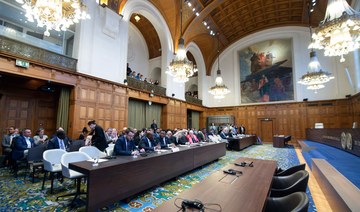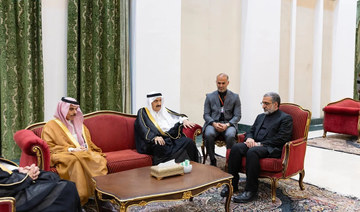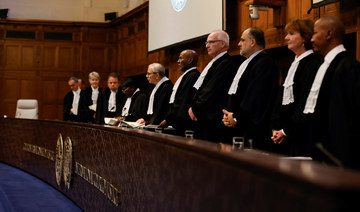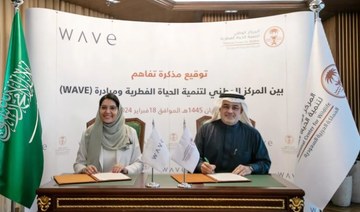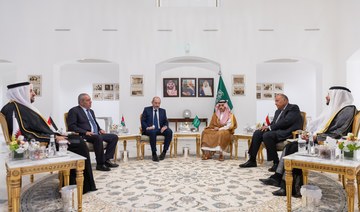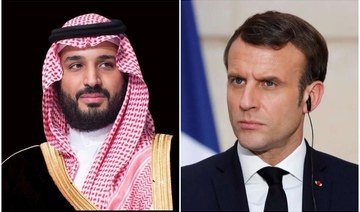JEDDAH: Makkah Province is “perfectly ready” for the “A Nation Without Illegal Expatriates” national campaign, Mohamed Hussain, spokesman of the Jeddah Passport Department, told Arab News.
Starting Wednesday, undocumented workers in Jeddah and Makkah can go to Al-Shumaisi’s branch of the Passport Department, located on the Jeddah-Makkah expressway, to finalize their departure procedures.
“A special section has been designated for it at the General Services Center in Al-Shumaisi to cover Makkah and Jeddah,” Hussain said.
Al-Shumaisi is one of many centers that will implement the 90-day campaign, which will include all provinces.
The initiative was granted by the Interior Ministry for undocumented workers to correct their status and leave the country without penalties.
Overstayers following the 90-day grace period will risk paying fines. “Violators who don’t initiate correcting their status and get detained will be subject to enforcing the rules and regulations of the labor law and residency system,” Lt. Col. Talal Al-Shalhoub, spokesman of the General Directorate of Passports (GDP), told Arab News.
Violating the residency system entails deportation, a prison sentence and fines. The fine can range between SR15,000 ($4,000) and SR100,000, Gen. Sulaiman Al-Yahya, director general of the Passport Department, told the Saudi state-run news channel Al-Ekhbariya.
Al-Yahya urged violators to make use of the amnesty that exempts them from fines and the consequences associated with the deportee fingerprint system, an opportunity “that may not come again,” he said.
Those who have overstayed their visas for Haj, Umrah, visit or transit should go directly to a border point with a valid passport and confirmed travel tickets.
If an “absent from work (escape or huroob)” notice has been issued, the violator will need to finalize the procedures in the local Expats Affairs Administration first.
Employers of holders of expired “resident identity” (iqama) who did not renew them before the announcement date of the campaign (March 19) shall issue a “final exit” visa online after paying all due fees and fines. Illegal workers should then leave the country.
Pilgrims who entered the country illegally should refer to the local Expat Affairs Administration to obtain a “final exit” visa before going to the designated passport center with their valid passport.
Illegal workers with valid iqama IDs, but who work for different employers or are self-employed and have an “absent from work (escape)” notice, should refer to the local Labor Disputes Committee to obtain a “proof of status” directed to the GDP.
They should then refer to the local Expats Affairs Administration to obtain a “final exit” visa with their passport and iqama ID before leaving the Kingdom.
Workers for an employer in the Red Zone, whose company has more non-Saudi employees than Saudi, should refer to the Labor Ministry to obtain a temporary work permit before going to the local Passport Department with their passport and iqama ID to get a “final exit” visa and leave the country.
According to the campaign, workers can return to the Kingdom on condition they pursue legal methods to gain entry.
Jeddah-based Pakistani Consul General Shehryar Akbar Khan and Indian Consul General Mohammed Noor Rahman Sheikh both urged their nationals to take advantage of the scheme in two separate press statements sent to Arab News.
The Pakistani Consulate said it has made arrangements to assist “Pakistani community members who desire to avail the amnesty scheme announced by the Saudi government.”
The Indian Consulate said it would provide information to Indian expats, and assured “the full cooperation of the consulate in facilitating all Indian nationals who want to go back to their mother land using this opportunity.”
A similar campaign took place in 2013 to legalize the status of undocumented workers. A 90-day amnesty was announced in April 2013 before the late King Abdullah extended the grace period to November 2013.
Interior Ministry spokesman Maj. Gen. Mansour Al-Turki said more than 2.5 million violators left the country under that campaign.
Saudi amnesty offers illegals chance to leave
Saudi amnesty offers illegals chance to leave
A journey through time: Tahlel Museum’s tribute to Asir’s culture
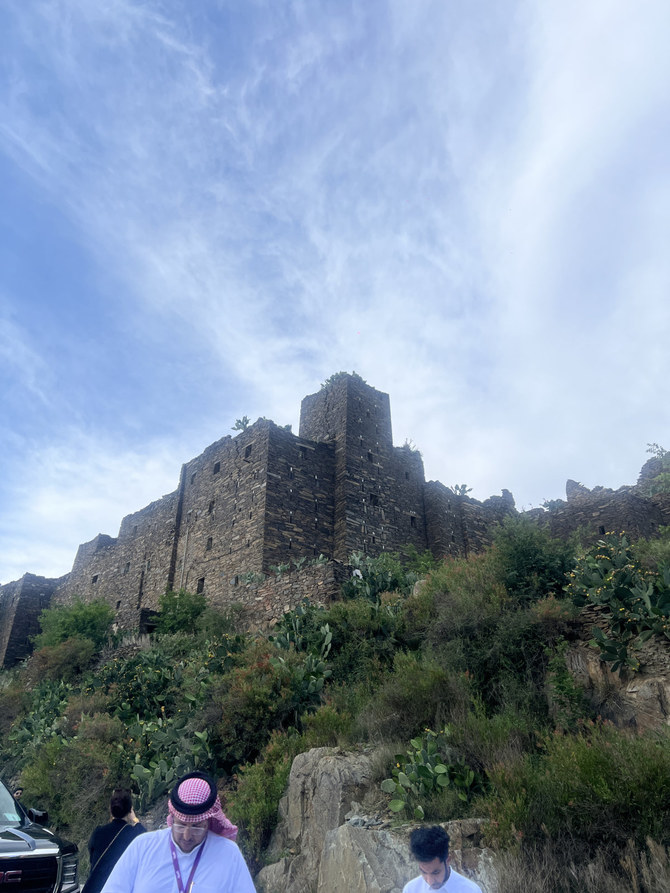
- The museum is home to many heritage pieces, including coins, traditional costumes, wood art, and agricultural tools
- It also includes the owner's artistic works of Al-Qatt Al-Asiri, geometric shapes, and tribal symbols painted in vibrant colors
ASIR: Perched atop the Souda Mountains in the Abha region of Asir province in southern Saudi Arabia is a modest museum created by an Asiri woman called Halima Asiri.
Passionate about old Saudi heritage, Asiri established the Tahlel Museum in a small traditional house.
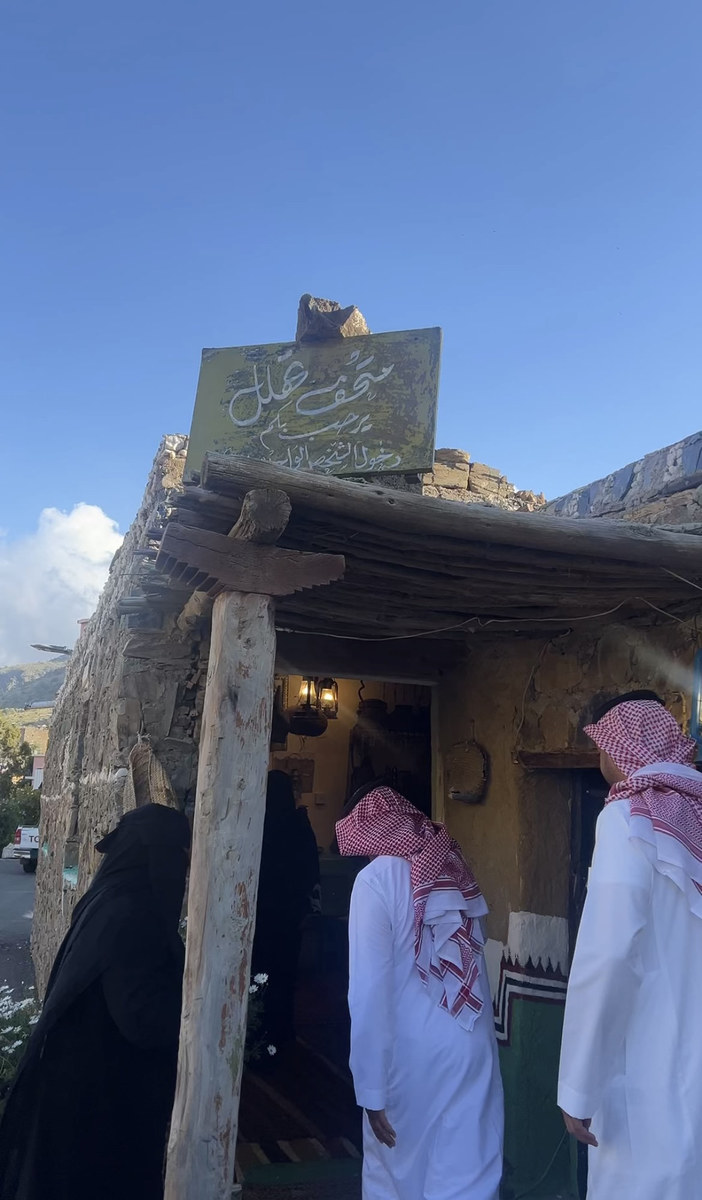
It includes many heritage pieces, including coins, traditional costumes, wood art, and agricultural tools. It also includes her artistic works of Al-Qatt Al-Asiri, geometric shapes, and tribal symbols painted in vibrant colors.
“This is my small museum, where I exhibit the work of Al-Qatt Al-Asiri, a kind of natural color painting that have been certified by UNESCO as part of the list of the Intangible Cultural Heritage of Humanity. Each pattern has a name and a symbolic meaning. Men do not practice this art, thus women are the only ones who specialize in it,” Asiri told Arab News.
Asiri is one of the few women who still uses natural materials to create the art of Al-Qatt Al-Asiri. These colors are extracted from coal, rice, turmeric, pomegranate peel, stones and other sources.
“I take 24 colors from nature, such as clover, coal, stone, and leaves, grind them into a paste, and use that paste to paint canvases and walls,” she said.
Ancient coffee and teapots, clay cups, copper household utensils, and other artifacts are on display in one of the rooms.
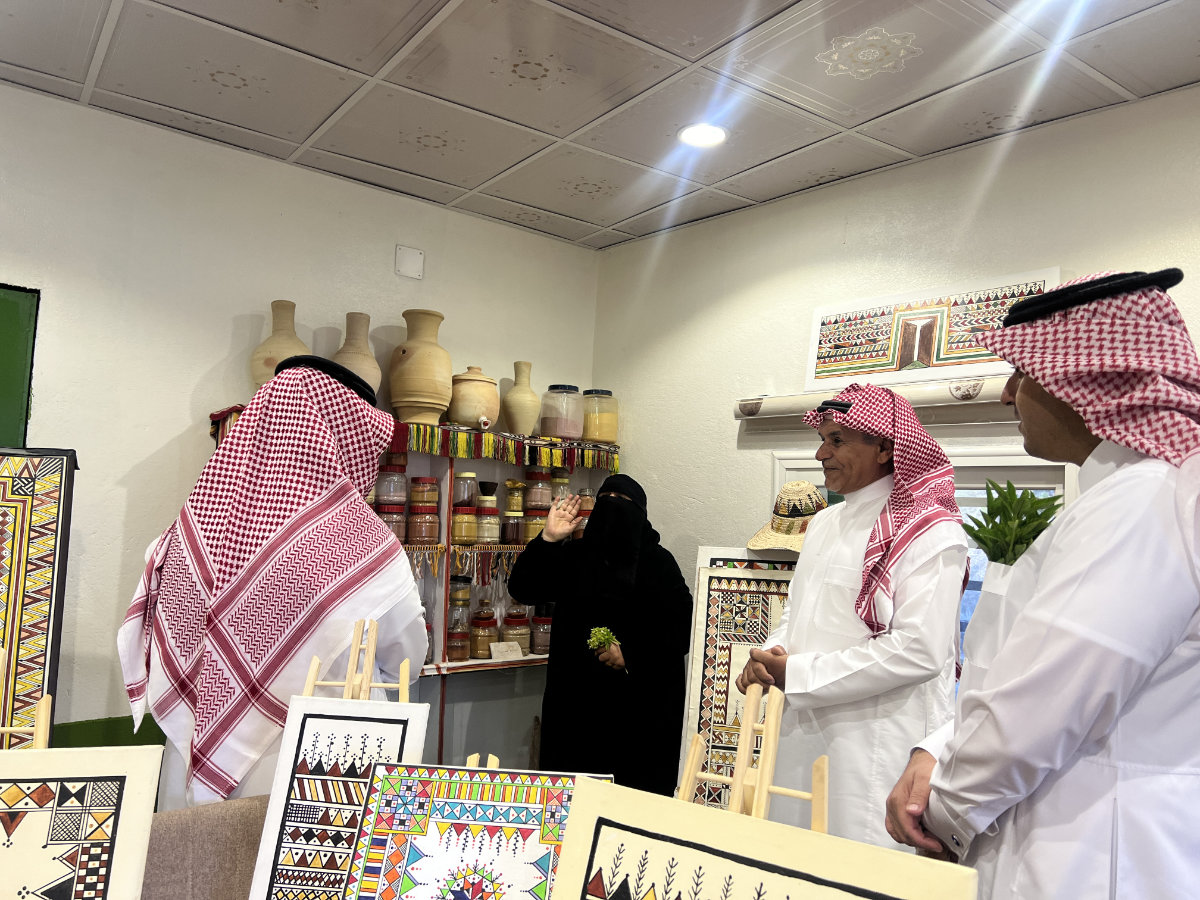
“The handcrafted items found here date back to 400-500 years, and the people of the Asir region used them all,” Asiri said.
She incorporated a model of the old town in which she formerly resided in the museum. The town has since fallen into ruin.
“The old roads were difficult, and women had to carry wood, walk, and climb mountains to get to their homes. The model that I constructed depicts the hardship and strength of women in Asir,” she explained.
The museum also features the traditional attire worn by women in the Asir region.
“I have items of clothing that Asir women wear on their wedding night. I also have regular clothes, like straw hats,” she added.
Asiri started collecting antiques that date back centuries when she was young, and she made sure to collect antiques and present them in her museum in a unique way.
There are numerous kinds of swords, weapons, and clothing that the locals used in battle displayed on the walls.
The location also features a workshop where guests can learn how to paint Al-Qatt Al-Asiri works, in addition to selling her artwork on commission.
“I teach Al-Qatt Al-Asiri art as a trainer. I frequently get big groups of people, and not so long ago, I trained a group of foreign women,” she said.
The museum is also linked to a cafe where she serves traditional Asiri dishes like areekah using natural honey.
“Many foreigners have visited, including ambassadors and ministers,” she said.
Asiri greets visitors when entering the museum with a famous Asiri phrase, “a thousand welcomes.”
Owing to its natural beauty and rich cultural heritage, the Asir region is highly sought-after by those seeking to explore unspoiled landscapes, wander through charming villages, and explore historic castles.
Saudi crown prince speaks to acting Iranian president in light of tragedy
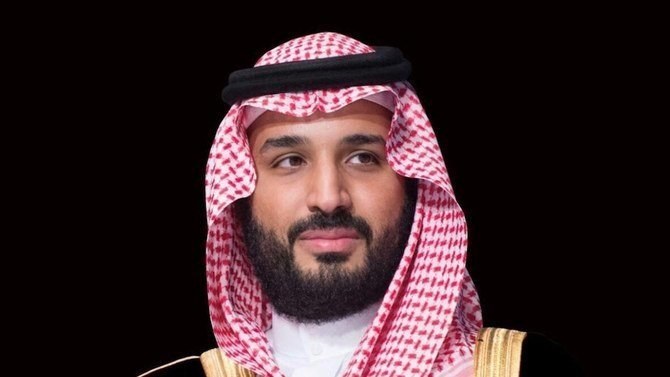
- President Ebrahim Raisi and others were killed in helicopter crash
RIYADH: Saudi Arabia’s Crown Prince Mohammed bin Salman made a telephone call on Friday to Mohammad Mokhber, the acting Iranian president, the Saudi Press Agency reported.
The crown prince sent his condolences following the deaths of President Ebrahim Raisi, Foreign Minister Hossein Amir-Abdollahian, and others in a helicopter crash earlier this week.
Mokhber expressed his thanks to the crown prince for his kind sentiments.
The two sides also spoke of achievements in bilateral relations between the countries, stressing the importance of continuing to enhance cooperation.
The Iranian president, foreign minister and six others were killed on Sunday when the helicopter in which they were traveling crashed in dense fog in mountainous terrain near Iran’s border with Azerbaijan.
Saudi Arabia welcomes World Court ruling on Gaza
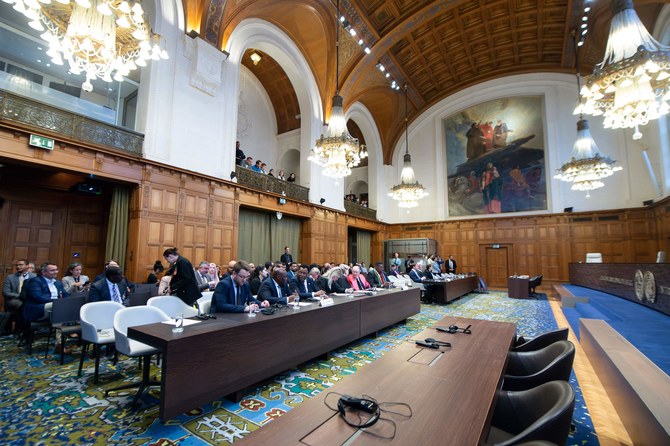
- Kingdom said it appreciated the ICJ decision, which it called a positive step towards the moral and legal right of the Palestinian people
RIYADH: The Saudi Ministry of Foreign Affairs has expressed the Kingdom’s welcoming of a decision made Friday by the International Court of Justice (ICJ) ordering Israel to immediately stop military attacks or any other offensive actions in Rafah, Saudi Press Agency reported.
The Kingdom said it appreciated the ICJ decision, which it called a positive step towards the moral and legal right of the Palestinian people.
It stressed the importance that international resolutions should involve all Palestinian areas in accordance with the relevant resolutions of international legitimacy.
Saudi Arabia also reiterated its call to the international community to shoulder its responsibilities to stop all forms of aggression against the Palestinian people.
Hatching of red-necked ostrich chicks highlights success of Saudi royal reserve’s breeding program
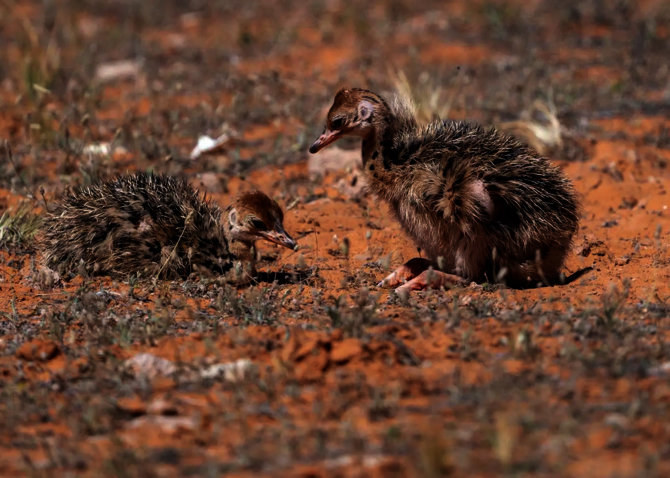
- The Imam Turki Royal Nature Reserve launched its ostrich conservation scheme in 2021 to rescue this critically engaged species
- Saudi Arabia’s second largest royal reserve is dedicated to providing secure habitats to allow the Kingdom’s wildlife to thrive
RIYADH: In a significant boost for biodiversity in the Kingdom, the Imam Turki Bin Abdullah Royal Nature Reserve Development Authority recently announced the hatching of three endangered red-necked ostrich chicks — a species that had been considered extinct in Saudi Arabia.
At the end of 2021, the royal reserve launched a scheme to reintroduce ostriches to the wild, creating a habitat for a male and a female. The ostriches soon adapted to the reserve and laid their first clutch of 12 eggs in the spring of 2024, three of which hatched naturally.
The royal reserve is dedicated to providing a suitable environment for endangered species to help increase their numbers, restore biodiversity, and provide a safe haven for animals like reem gazelle, Arabian oryx, red-necked ostrich, and others to flourish in the wild.
“The red-necked ostrich, also known as the North African ostrich (Struthio camelus camelus), is currently classified as critically endangered,” Abdulmajeed Aldhaban, executive vice president of operations at the Imam Turki bin Abdullah Royal Natural Reserve Development Authority, told Arab News.“This subspecies faces significant threats due to habitat loss, hunting, and egg collection, which have led to a dramatic decline in its population over the past 100 years.”
The red-necked ostrich is not the only bird species the reserve has sought to revitalize through breeding programs, captive breeding techniques, and habitat restoration to bolster its population. The houbara bustard has been another success story.
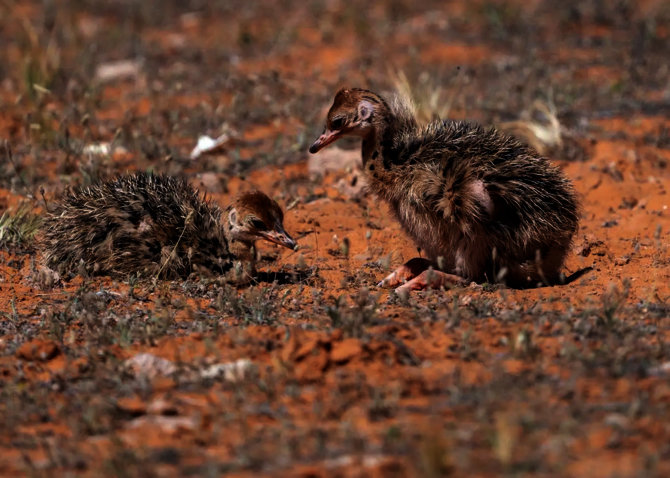
“In March, the Imam Turki Bin Abdullah Royal Nature Reserve Development Authority started construction of a state-of-the-art aviculture center on the reserve,” said Aldhaban.
“This was part of the authority’s comprehensive plan to conserve wildlife in general and, specifically, protect the endangered houbara bustard in its natural habitat.”
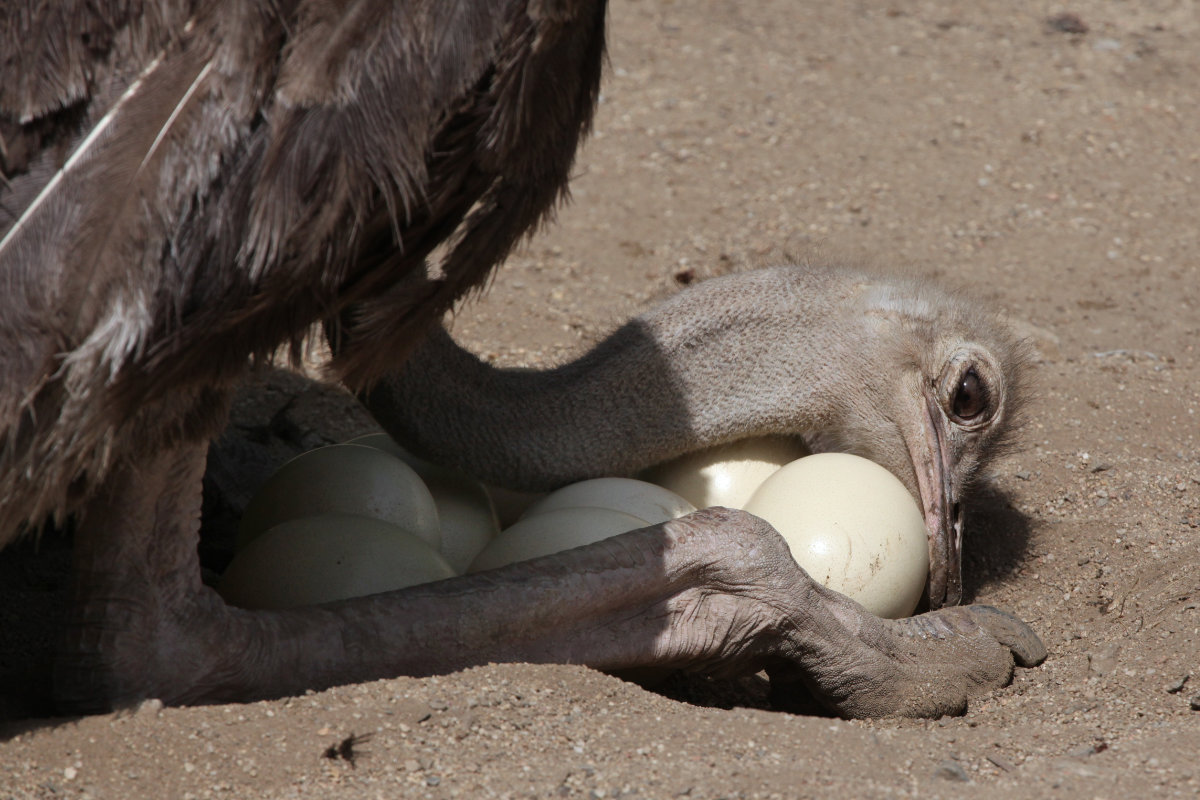
He added: “The center comprises 22 facilities, including administrative buildings, breeding facilities, clinics, and laboratories, spanning an area of 4 sq. km. The first phase of breeding is set to commence by the end of 2024.”
Saudi Arabia’s rich biodiversity has long been overlooked by environmentalists. Despite its arid climate and vast desert landscape, the Kingdom is home to a wealth of distinctive species, occupying its dunes, mountains, valleys and coastlines.
Local conservationists believe they have an obligation to protect these terrestrial and marine habitats and maintain the ecological balance for the benefit of the Kingdom’s wildlife and for generations to come.
Opinion
This section contains relevant reference points, placed in (Opinion field)
Officials have therefore outlined a set of biodiversity conservation goals under various initiatives like Vision 2030 and the Saudi Green Initiative designed to work in partnership with civil society groups and the private sector.
One focus is the design of protected areas.
During an interview with Arab News at the Hima forum in Riyadh last April, Mohammed Qurban, the CEO of the National Center for Wildlife in Saudi Arabia, outlined the Kingdom’s aim to protect 30 percent of the Kingdom’s terrestrial and marine areas by 2030.
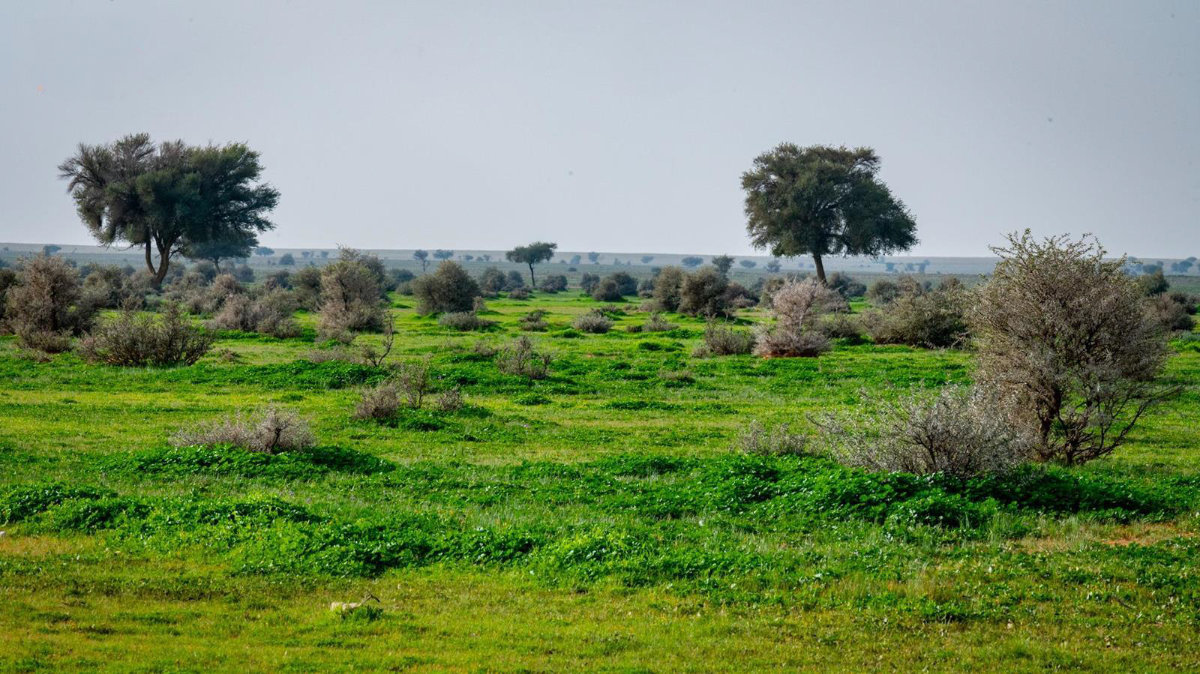
This goal includes the creation of wildlife sanctuaries and restoration programs to restore natural habitats and protect endangered animal species such as the Arabian oryx, red-necked ostrich, gazelle, and Arabian leopard.
The Imam Turki bin Abdullah Royal Natural Reserve, where the red-necked ostriches hatched last month, covers an area of more than 91,500 sq. km, making it the second-largest royal protected area in the Kingdom, home to 138 species of animal and 179 species of plant.
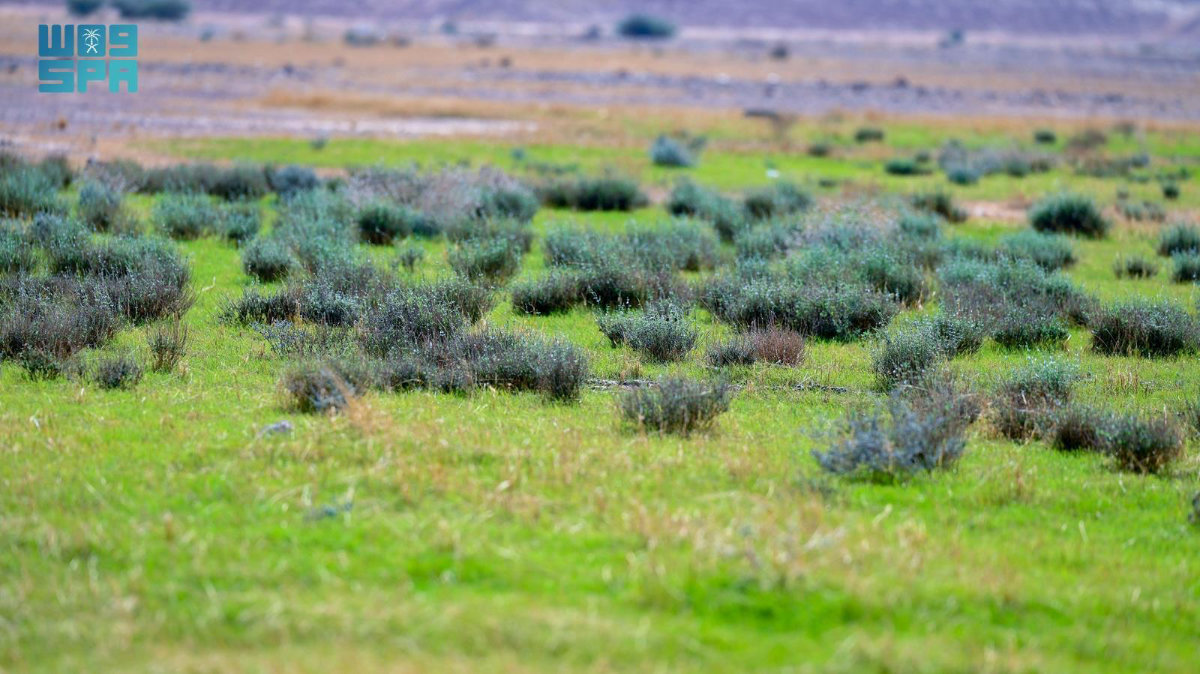
Situated in the country’s northeast, close to the border with Iraq, the reserve is a popular destination for tourists interested in hiking and bird watching.
In 2018, the royal reserve declared three key objectives, including the conservation of biodiversity, the development of the reserve as a destination for ecotourism, and the aim of generating socio-economic benefits for local communities.
The Natural Reserve Development Authority has registered the reserve in the World Database on Protected Areas. It has also earned global recognition after being nominated for the International Union for Conservation of Nature Green List in 2023.
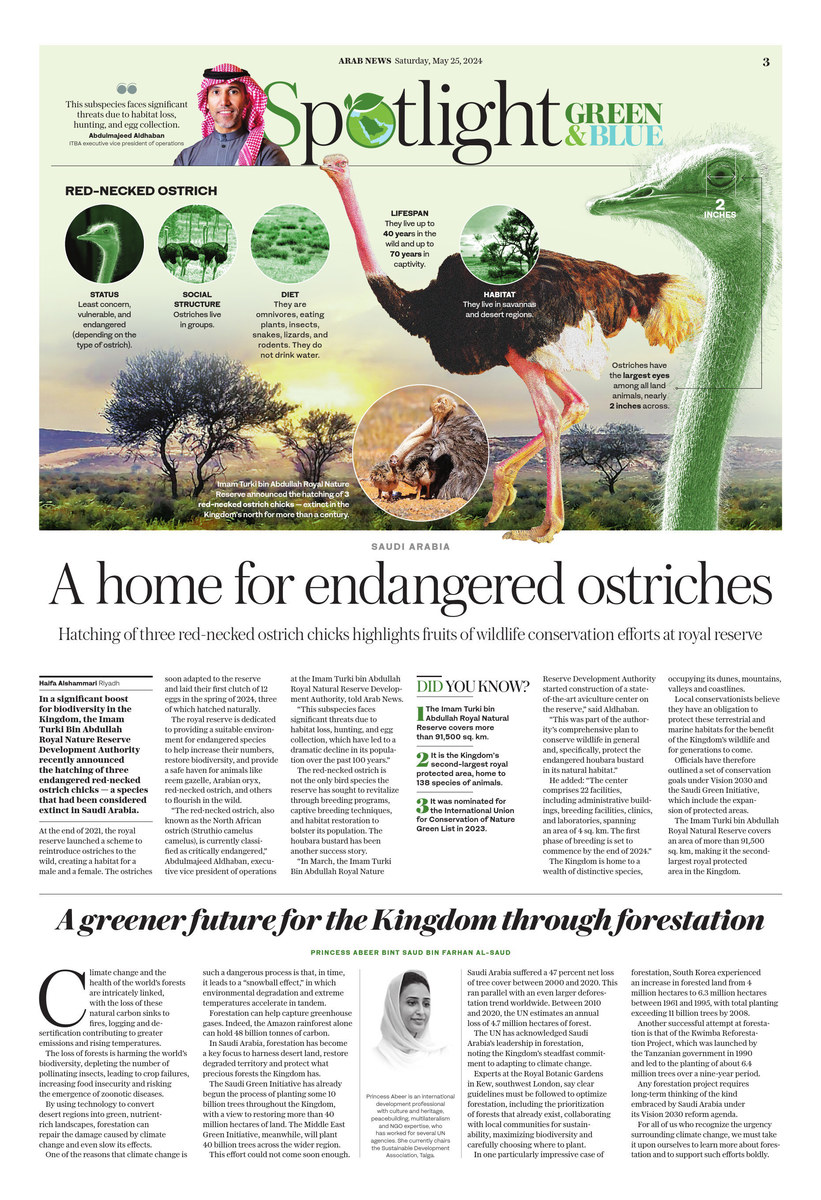
French president Macron meets with Arab delegation to discuss Gaza
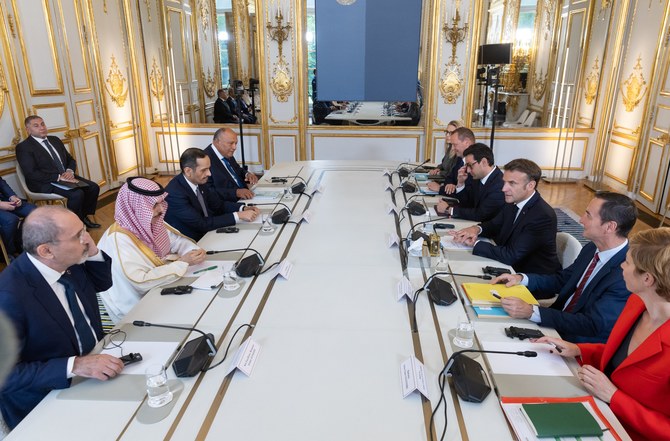
- The two ministers discussed Saudi-French relations
- Also discussed the situation in Gaza
PARIS: Saudi Arabia’s Minister of Foreign Affairs Prince Faisal bin Farhan headed an Arab ministerial delegation in a meeting with the French president Emmanuel Macron in Paris on Friday.
Prince Faisal was joined at the meeting by Qatari prime minister and foreign minister Sheikh Mohammed bin Abdul Rahman bin Jassim Al-Thani, his Jordanian counterpart Ayman Al-Safadi, and the Egyptian minister of foreign affairs Sameh Shoukry, Saudi Press Agency reported.
During the meeting, the situation in the Gaza Strip as a result of the ongoing Israeli aggression was discussed, as well as the need to intensify international efforts aimed at an immediate and complete ceasefire.
The two sides also talked about ensuring the protection of civilians and the delivery of adequate and sustainable humanitarian aid to all parts of Gaza.
They reiterated the need for an independent Palestinian state and for the international community to hold Israel accountable for its actions in the Palestinian territories.
During his trip to Paris, Prince Faisal also met with the French Minister of Europe and Foreign Affairs Stephane Sejourne on Friday.
During the meeting, the two ministers discussed Saudi-French relations and ways to enhance them and ways to improve coordination on various issues of mutual concern, Saudi Press Agency reported.
The two ministers also discussed the situation in Gaza and its surroundings and the need to deliver humanitarian assistance to the civilians in the enclave.
The meeting was also attended by Saudi Ambassador to France Fahd bin Mayouf Al-Ruwaili, the Foreign Minister's office director general Abdulrahman Al-Dawood, and ministry Advisor Manal Radwan.




